SusTunTech has presented its work in this worldwide conference held in hybrid mode in Seattle. Fisheries has been considering among the most dangerous activities and in harsh conditions. It is also an activity that usually require long periods at sea far away from family and friends. This is leading to a generational crisis with difficulties in attracting local youth to the sector. Vessel’s digitalization, the use of artificial intelligence and route optimization can help to mitigate these issues as shown in SusTunTech proejct. First, the digitalization of the vessels can help to keep fishers in contact with family and friends. Second, a carbon smart fishing strategy can significantly reduce time at sea and fuel consumption (and associated emissions). This means a reduction of the main operational cost. Moreover, the use of technology can be appealing to new generations. Furthermore, the approach can help to adapt to shift of species distributions due to climate change or reduce the risk of bycatch. This talk presents such work with tuna vessels operating in the Indian Ocean. The simulations show significant reductions of time at sea up and fuel consumption. The research also shows that vessels cooperation can help to cope with fishing effort restrictions an achieve higher fuel savings. Reducing fuel costs and emissions is crucial in an increasing demand for sustainability while dealing with changes in species distribution, abundance and size due to climate change. Finally, this transformation can lead to improve fishers working conditions with the consequent potential health and well-being effects.
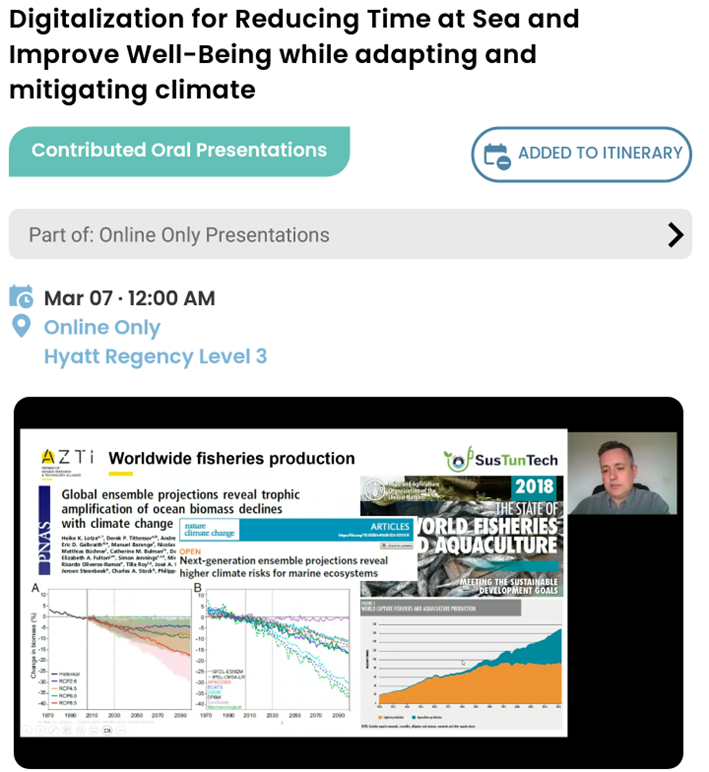
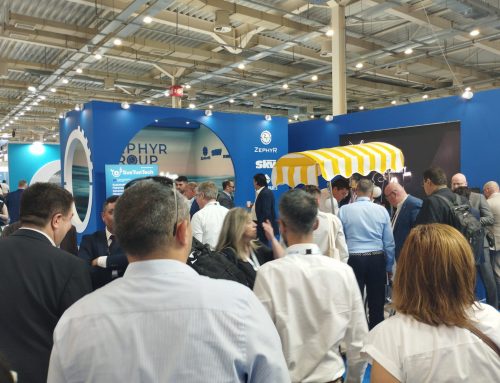
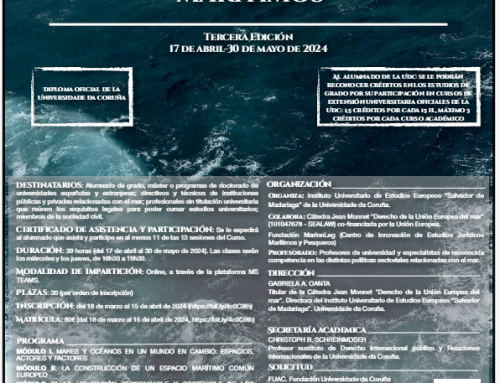
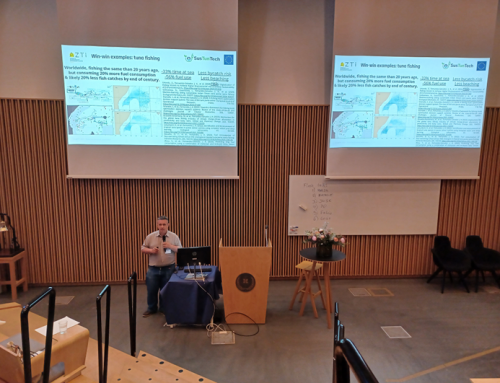
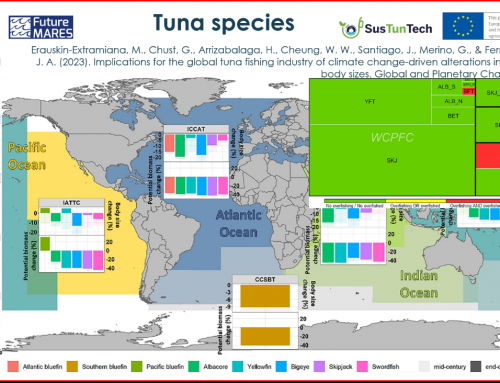
Leave A Comment